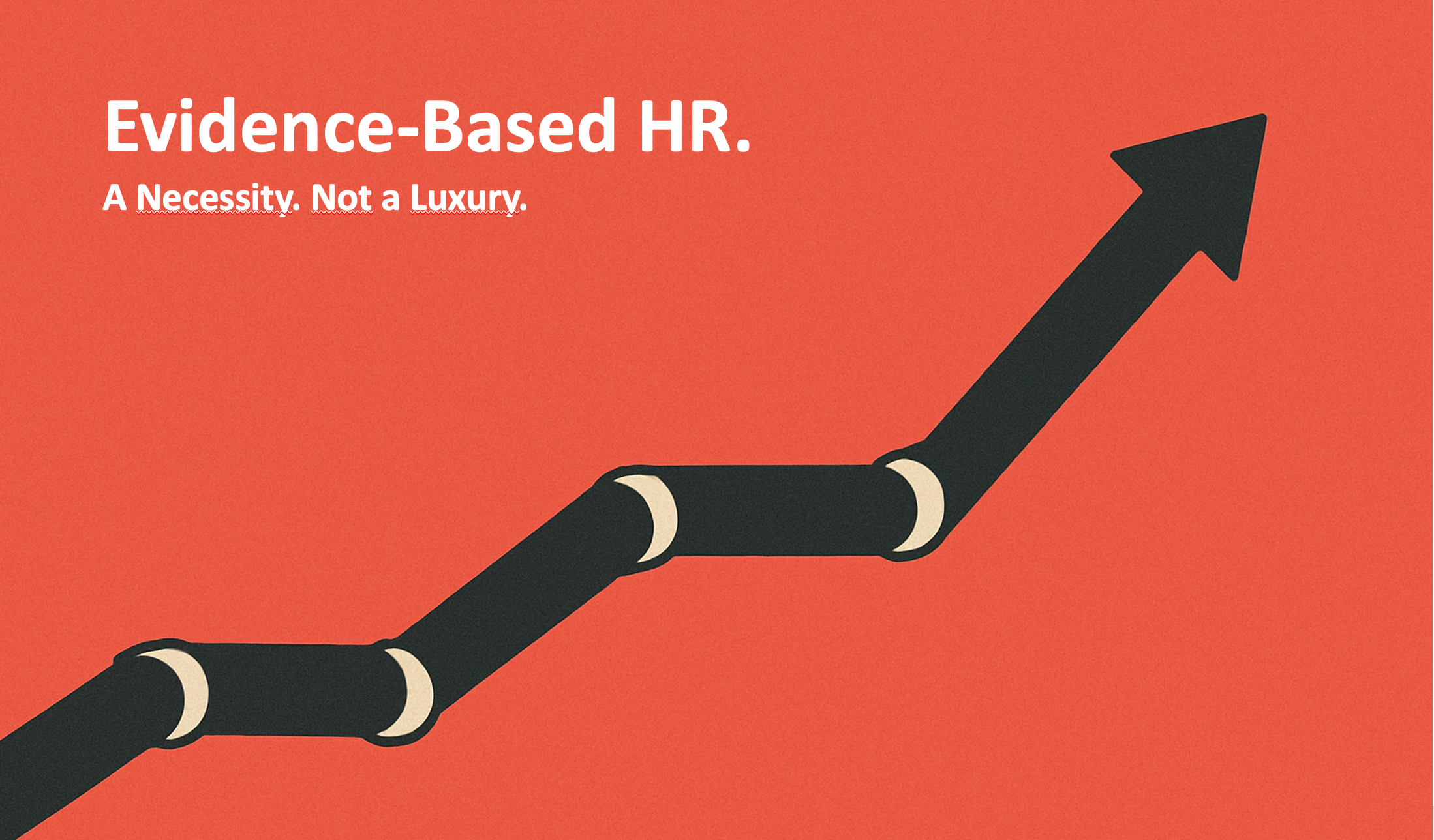By David Ducheyne
Is HR truly a profession? If we go by the definitions from Oxford, Cambridge, or Merriam-Webster, a profession involves a specialized body of knowledge, formal training, ethical standards, and a commitment to long-term learning. Yet, when it comes to HR, this identity is not always clearly claimed — or recognized.
The Challenge: Trustworthiness in HR
Human Resources has long been questioned for its credibility. Is HR seen as competent, loyal to its stakeholders, and guided by integrity? If not, why? The issue runs deeper than reputation management. It is rooted in the norms, expectations, and standards we set for those who enter and practice in the field.
Too often, HR operates in an environment where fads, fashions, and unverified theories flourish. Popular but untested practices are embraced simply because they are widely adopted, attractively packaged, or seemingly aligned with company culture. In doing so, HR risks trading professional rigour for perceived relevance.
The Problem with Fads and Fiction
HR is vulnerable to uncritical adoption of trendy ideas. This vulnerability stems from a few persistent issues:
- Lack of formal education or access to scientific evidence.
- Complexity of applying research to practice.
- Ease and appeal of simplified models.
- Ideological or political preferences that cloud judgment.
Even when well-intentioned, many HR professionals find themselves clinging to methods that "feel right" rather than those that are proven to work. And while some of these may seem harmless or even helpful, they often fail to deliver meaningful results — or worse, cause harm.
The Path Forward: Professionalisation Through Evidence
What HR needs is not another shiny model, but a commitment to evidence-based practice.
Evidence-Based HR means making decisions that are:
- Based on the best available scientific evidence.
- Informed by data and metrics from the organization.
- Grounded in professional expertise.
- Aligned with stakeholder needs and ethical considerations.
This is not about academic perfectionism. It is about taking responsibility for the quality of our decisions and the impact they have on people and organizations.
A Profession Deserves Standards
Every organization gets the quality of HR it accepts. If we tolerate vague methodologies and intuition-based decisions, we undermine the credibility and effectiveness of the entire function. A true profession holds itself accountable to standards — and elevates its practice through continuous learning and disciplined judgment.
That is where initiatives like hrpro.be come in. As an independent, not-for-profit body, it plays a vital role in the professionalisation of HR in Belgium and beyond. Through guidelines, mentorship, research partnerships, and masterclasses like the one on Evidence-Based HR during International HR Week, the ambition is clear: build a more competent, connected, and impactful HR community.
It's Not About Blame — It's About Better
Criticizing HR for adopting flawed tools is easy. But ridicule is never the right strategy. Many HR professionals are doing their best within systems that reward simplicity over depth. Rather than blame, we need a shared commitment to do better — together.
Evidence-based HR is not a trend. It is a foundation. A foundation for trust. A foundation for impact. A foundation for reclaiming HR as a true profession.



